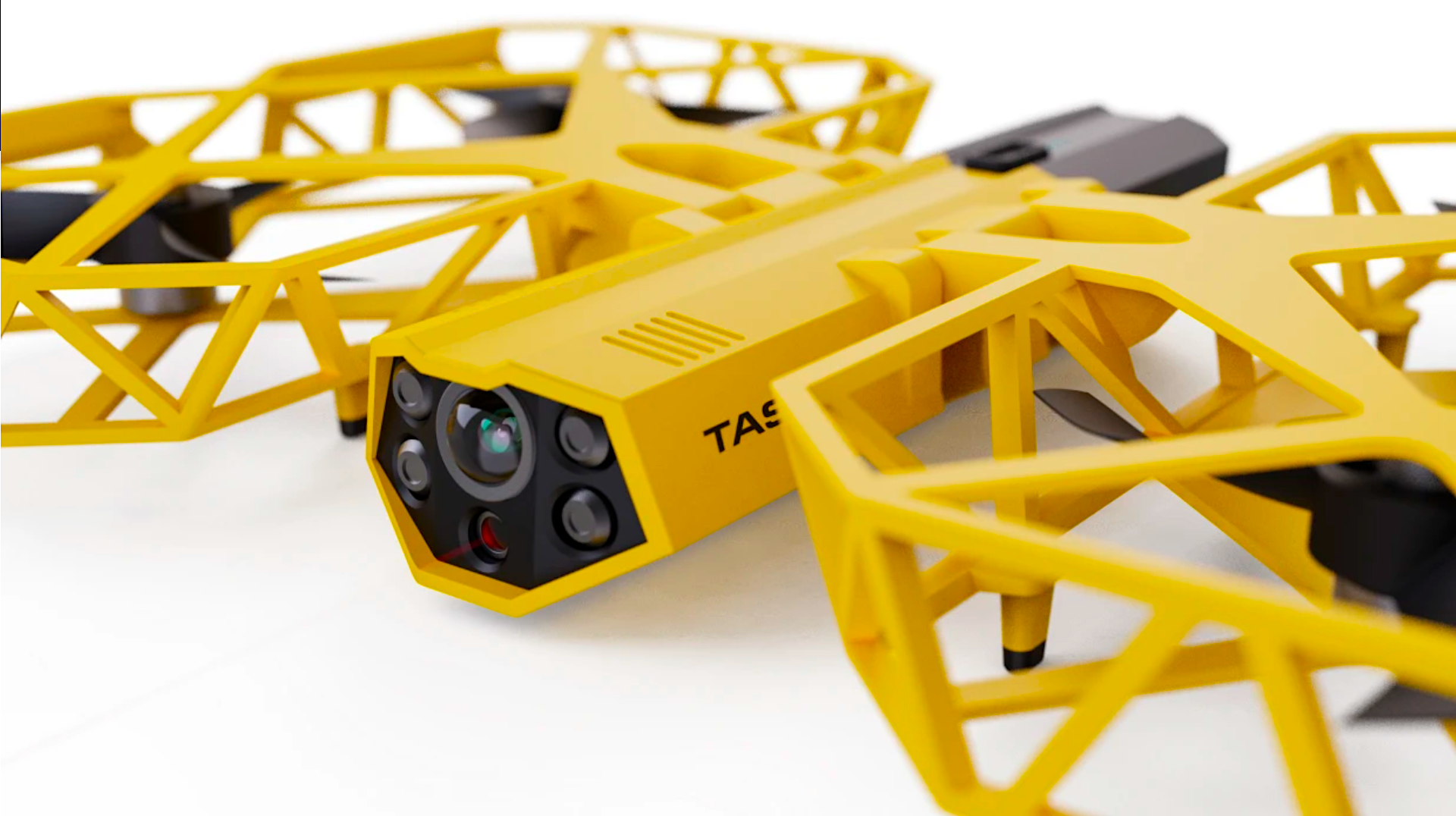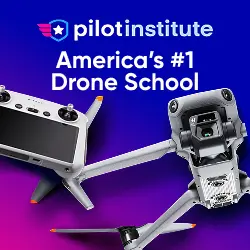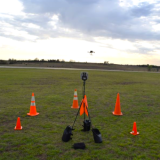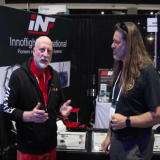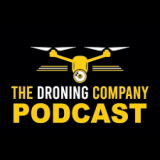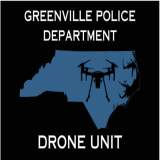Originally, the Axon technology was to be delivered solely to police forces—a move that still caused consernation amongst ethics-board members. However, after the shootings at the Uvalde elementary school—which prompted Smith to publicly announce he was “catastrophically disappointed” in police for their slow response to the situation—Axon reportedly greenlighted development of the taser drone for deployment in schools and released its plans to the media.
The response from the board was heated: “Reasonable minds can differ on the merits of police-controlled Taser-equipped drones – our own board disagreed internally – but we unanimously are concerned with the process Axon has employed regarding this idea of drones in school classrooms.”
While many on the board were said to believe Axon's announcement was “trading on the tragedy of the Uvalde and Buffalo shooting,” Smith countered that he truly believed the taser drone could evolve into a working solution to save lives.
Apparently, it all came down to the timing of the product announcement, as the board felt the company hadn't adequately addressed its concerns before telling the world about the proposed drone.
“What’s the emergency?" asked board member Barry Friedman—a New York University law professor. "School shootings are a crisis. I agree. But Axon, on its own best timeline, isn’t going to come up with anything for a couple of years. Why was it necessary to jump ahead like this? What suggested as a necessary public dialogue was really just jumping over the head of the board.”
For his part, Smith said it was “unfortunate that some members of Axon’s ethics advisory panel have chosen to withdraw from directly engaging on these issues before we heard or had a chance to address their technical questions. We respect their choice and will continue to seek diverse perspectives to challenge our thinking and help guide other technology options."
